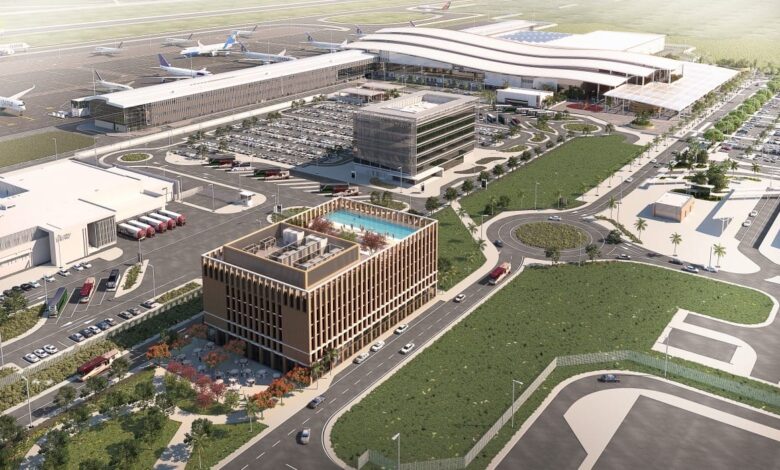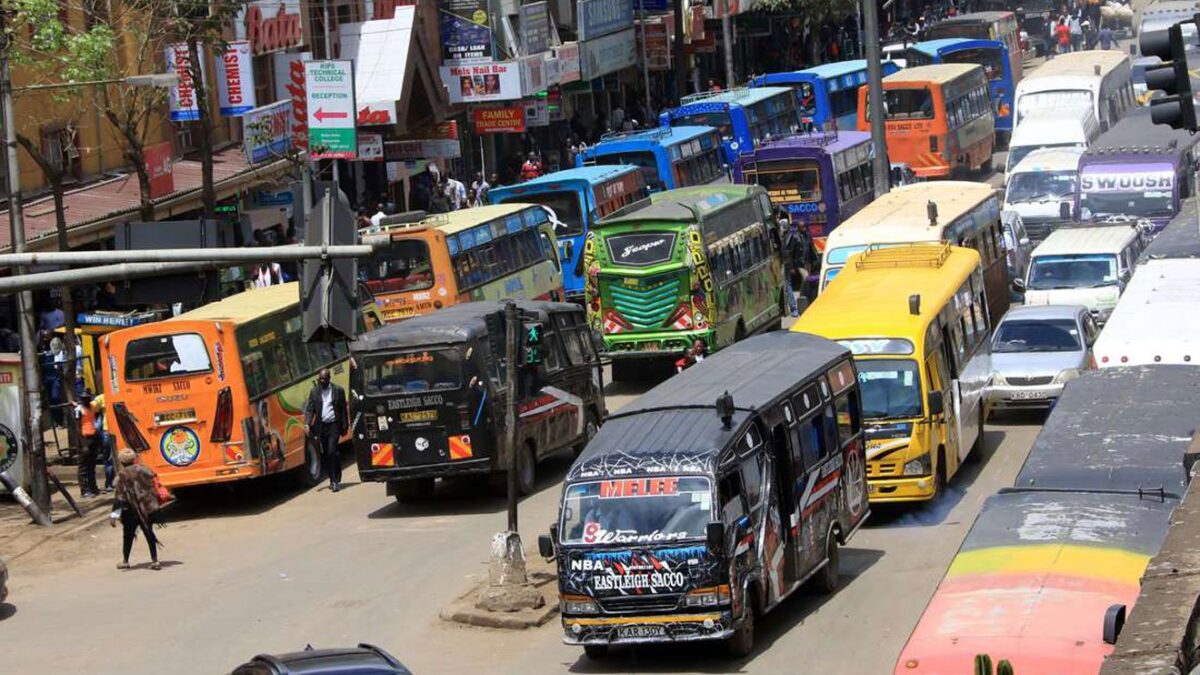
The African Trade & Investment Development Insurance (ATIDI) has approved a significant $84 million counter-guarantee to support the construction of Rwanda’s New Bugesera International Airport, marking a major milestone in one of Africa’s most ambitious infrastructure projects.
Financing Package Enables $322 Million in Guarantees
The ATIDI counter-guarantee enables three local Rwandan banks and one regional bank to issue bonds and guarantees totaling over $322 million to support the construction of the new airport facility. BPR Bank Rwanda Plc serves as the Mandated Lead Arranger and Facility Agent, leading a consortium that includes Bank of Kigali (BK), Development Bank of Rwanda (BRD), and KCB Bank Kenya.
The de-risking provided by ATIDI allows these banks to issue guarantees beyond their Single Obligor Limits (SOL), offering capital relief while ensuring smoother execution of the infrastructure project. This innovative financing structure demonstrates how multilateral insurance can unlock domestic banking capacity for large-scale development projects.
Strategic Infrastructure for Rwanda’s Economic Transformation
The New Bugesera International Airport represents a transformative project that aligns with Rwanda’s Vision 2050, the country’s national strategy to become an upper-middle-income country by 2035 and a high-income economy by 2050. The airport, valued at over $2 billion, is scheduled for completion by mid-2028 and will position Rwanda as a strategic hub for trade and logistics in Africa.
The project development involves a joint venture between the Governments of Rwanda and Qatar, with construction being carried out by a consortium of three companies: Mota-Engil from Portugal, UCC Holding from Qatar, and Consolidated Contractors Company (CCC) from Greece, operating under the unified entity UMC.
Construction progress currently stands at approximately 25% to 30%, with foundational work including runways, internal roads, and water drainage systems completed by the end of 2024. The project has now entered the vertical construction phase, focusing on building the main terminal and associated facilities.
Alignment with Continental Trade Objectives
The airport project strategically aligns with the African Continental Free Trade Area (AfCFTA) framework, which aims to facilitate the free movement of goods, services, and people across the continent. The AfCFTA, signed in 2018 in Kigali, Rwanda, represents the world’s largest free trade area by number of member states and aims to boost intra-African trade by eliminating barriers and strengthening regional value chains.
According to ATIDI Chief Executive Officer Manuel Moses, the new airport represents more than just infrastructure development. “The new airport is not just about infrastructure; it’s about unlocking regional value chains and ensuring Africa trades more with itself,” Moses stated.
ATIDI’s Role in African Development Finance
ATIDI, formerly known as the African Trade Insurance Agency, was established in 2001 by African states with technical and financial backing from the World Bank. The organization serves as Africa’s primary multilateral investment and credit insurer, having supported over $85 billion in trade and investments across the continent since its inception.
The agency maintains strong credit ratings, with an A3/Positive rating from Moody’s and an A rating from Standard & Poor’s, reflecting its financial strength and credibility in the international market. ATIDI’s membership includes 24 African member states and 13 institutional shareholders, including the African Development Bank, which joined as a member in 2013.
Significant Investment in Rwanda’s Development
This transaction represents part of ATIDI’s broader engagement with Rwanda, where the organization has issued policies worth over $1.45 billion in transaction value and holds a gross exposure of over $611.9 million. These investments span multiple sectors crucial to Rwanda’s development, including agriculture, forestry, construction, energy, financial services, manufacturing, and transportation.
Rwanda, as a founding member of ATIDI, has consistently leveraged the organization’s risk mitigation capabilities to unlock capital for essential development sectors. The partnership demonstrates how continental financial institutions can support member states in achieving their development priorities while managing investment risks.
Banking Consortium Leadership
BPR Bank Rwanda Plc, which leads the financing consortium, has established itself as a significant player in Rwanda’s financial sector. The bank, which is majority-owned by Kenya Commercial Bank Group (87%), has expanded its role in supporting large-scale infrastructure projects.
Patience Mutesi, Managing Director of BPR Bank Rwanda Plc, emphasized the bank’s commitment to the project: “We are honored to lead this transformational financing effort. As Mandated Lead Arranger, BPR Bank Rwanda Plc is proud to play a pivotal role in unlocking capital for a project that will reshape Rwanda’s connectivity and competitiveness”.
Expected Economic Impact
The New Bugesera International Airport is designed to handle seven to eight million passengers annually in its first phase, with plans to double capacity to 14 million passengers by 2032 during the second phase. The facility will include a 130,000 square meter terminal, a 3,750-meter runway, and a dedicated cargo terminal capable of handling 150,000 tonnes of cargo annually.
The project is expected to create employment for more than 6,000 workers during construction and will significantly enhance Rwanda’s position as a regional aviation hub. Located approximately 23 kilometers southeast of Kigali City, the airport will complement the existing Kigali International Airport while supporting the country’s tourism and business sectors.
Broader Infrastructure Development Context
This financing announcement comes at a time when Africa faces significant infrastructure funding gaps. The continent requires an estimated $130-170 billion annually for infrastructure development, with current annual commitments reaching only about $80 billion, leaving a substantial funding shortfall.
The ATIDI guarantee mechanism demonstrates how innovative financing structures can help bridge these gaps by enabling domestic banks to participate in large-scale infrastructure projects while managing risk through multilateral insurance coverage.
The success of this financing model could serve as a blueprint for other African countries seeking to develop critical infrastructure while leveraging domestic financial institutions and continental risk-sharing mechanisms.





